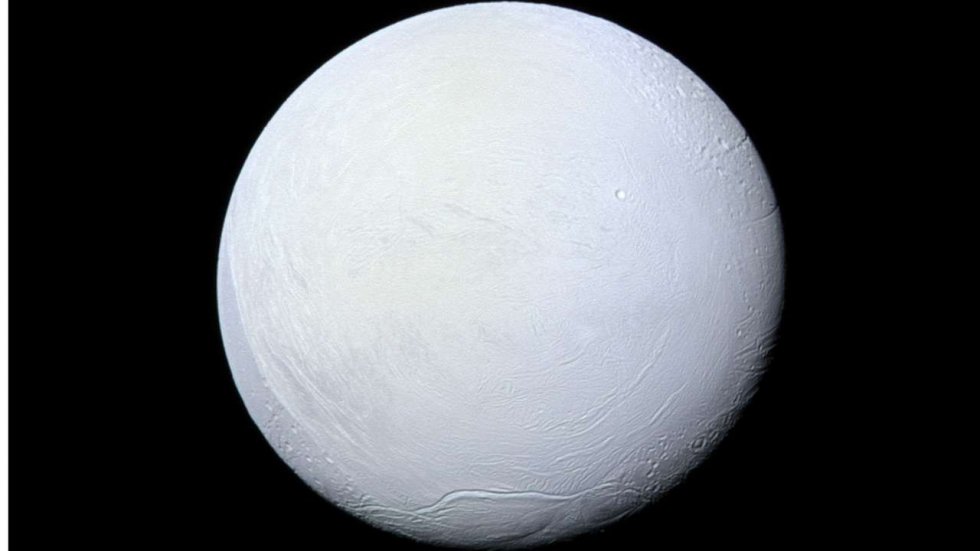Nothing would happen for a while, assuming we're talking about Sun just disappearing overnight. You can even demonstrably witness what happens with 12 hours of no sunlight in the Equator (or during polar night in the Arctic, for that matter). The primary reason for this is the vast amount of water.
We can, however, give some ballpark estimate[*] for the speed of process.
If the Sun would just disappear Earth would begin to cool at a rate of roughly 300 W/m². Now, Earth is not an ideal blackbody and temperature is not uniform, but in terms of estimates, well, close enough. This is equivalent to having a 1 mm layer of water drop 1 Kelvin in temperature in ca. 14 seconds (1 mm of water per square meter = 1 kg of water).
Tropics have an ocean mixing layer of roughly 1000 meters and average water temperature (in that layer) of something like 20 C, so if we exclude currents and atmospheric convection it would take $\frac{1000 \text{m}}{0.001 \text{m}} \cdot 14 \text{ s/K} \cdot 20 \text{K} \sim 10$ years before tropical oceans would begin to freeze over.
Now, this is not what would happen, but it gives some insight on the speed of the process.
In reality things are much more complicated: Solar energy received in Equator is partly transferred in ocean and atmospheric convection to polar latitudes. If we assume hurricane-ish type energy transfer, we could be looking at something like extra 10-100 W per square meter of ocean, add ocean currents for 200-300 watts extra, and we'd still end up with a time window that is closer to few years rather than few weeks.
Now, on land, on the other hand. We might be talking of an equivalent of several meters of water. So it would take perhaps a month, considering energy transfer by the atmosphere, to turn land into inhabitable snowfield and another month or two to make it uncomfortable for the Nordics or Canadians. This is naturally talking in averages, so locally it could be better...or much worse.
In terms of freezing, enthalpy of fusion of water is roughly 333 kJ per kilogram, much higher compared to heat capacity of 4.2 kJ/kg$\cdot$K. Therefore, assuming no geothermal energy, it would still take in order of centuries to have an ice-sheet in tropics that would measure in kilometers.
[*] Correct to few orders of magnitude...If lucky, then an order of magnitude.


science-basedtag. Otherwise you'll just get random "I think it would be X because space is cold". $\endgroup$